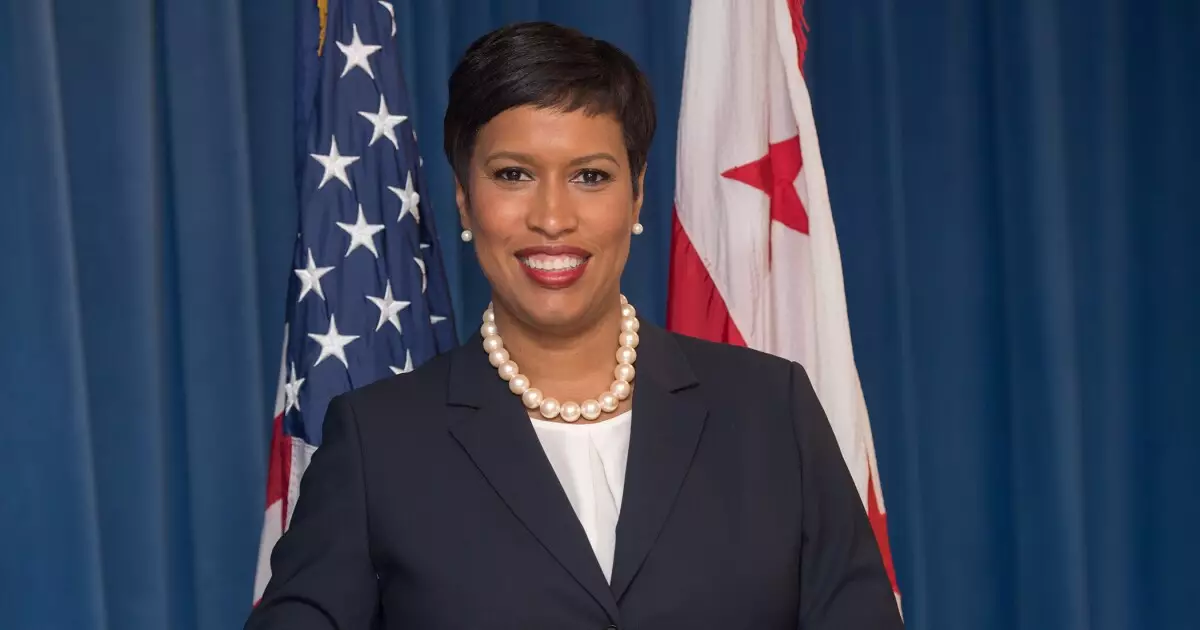The proposed $2 billion public-private partnership that aimed to relocate two major league sports teams from Washington D.C. to Northern Virginia has been officially called off. Instead, D.C. Mayor Muriel Bowser, in collaboration with Ted Leonsis, owner of the Washington Wizards and Washington Capitals, announced plans for a significant $515 million investment in the teams’ current home in the Northwest D.C. Chinatown neighborhood. This decision signifies the city’s commitment to retaining these sports teams in their existing location through a renovated and upgraded arena. The 25-year lease agreement solidifies the teams’ presence in D.C., ensuring continued fan engagement and economic benefits for the city.
The Office of the Chief Financial Officer in D.C. is set to issue debt over a 3-year period to finance the $515 million renovations of Capital One Arena. This funding will come from the city’s capital budget, which is in a more stable condition than the operating budget. The increased investment of $15 million from the city’s original offer demonstrates a willingness to enhance the arena and its surrounding amenities, including the alley connecting Capital One Arena to the Gallery Place complex. By focusing on urban development and creating a state-of-the-art arena in Downtown D.C., the city aims to boost tourism, attract more visitors, and generate revenue through increased economic activity.
The unraveling of the new arena deal at Potomac Yards in Northern Virginia can be attributed to various factors. Virginia State Senator L. Louise Lucas, chair of the Senate Finance and Appropriations Committee, expressed skepticism about the financial projections presented by Governor Glenn Youngkin. Lucas, representing Portsmouth, favored directing state funds towards toll road relief in her constituency instead of investing in the arena project. Moreover, local opposition from nearby neighborhoods raised concerns about the project’s impact on the community and the potential risks associated with borrowing large sums of money to finance the construction, leading to doubts about the feasibility and long-term sustainability of the endeavor.
Moody’s Investors Service cautiously approved the decision to retain the teams in D.C. The focus on enhancing the arena and its surroundings to attract more visitors and stimulate economic growth was seen as a positive step. Nicholas Samuels, SVP of Public Projects and Infrastructure Finance at Moody’s Ratings, highlighted the potential benefits of revitalizing the area and driving spending through increased foot traffic. However, critics like John Breyault questioned the economic impact of publicly financed sports facilities, emphasizing the importance of considering broader state needs and financial implications beyond the immediate vicinity of the project. Virginia’s and Alexandria’s high credit ratings were also a point of contention, as significant financial commitments could strain these ratings and impact the state’s overall fiscal health.
The failed arena deal exemplifies the challenges and complexities surrounding major infrastructure projects involving public and private stakeholders. While the decision to retain the sports teams in D.C. may have positive implications for local businesses and residents, the fallout from the collapsed Potomac Yards deal underscores the importance of thorough financial analysis, community engagement, and strategic planning in shaping sustainable urban development initiatives. As cities across the country grapple with similar opportunities and risks, careful consideration of long-term impacts and stakeholder interests is paramount in ensuring successful outcomes for all parties involved.

